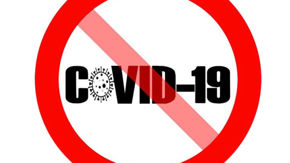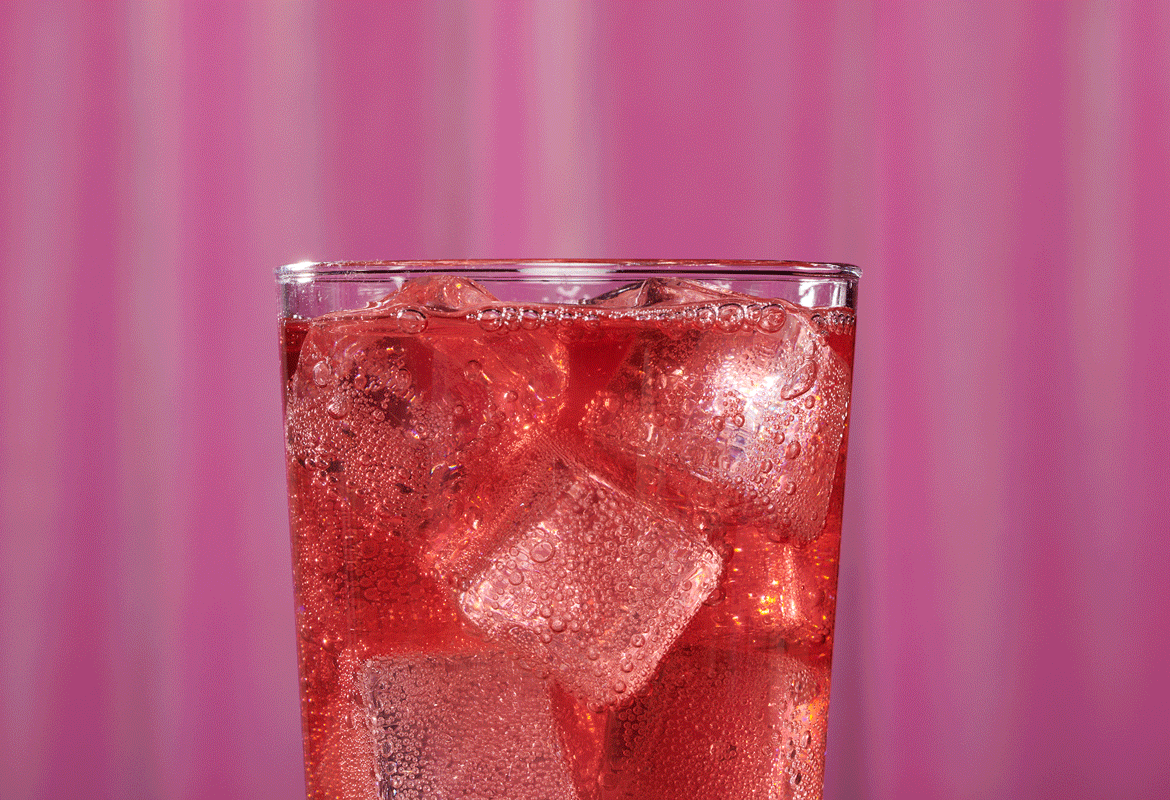4 min read//
Not to be confused with probiotics, which contain live microorganisms, these prebiotic beverages are infused with special plant fibers that feed the trillions of microorganisms that live in your gut. The sodas are typically low in sugar because they are sweetened with sugar substitutes, and they contain a variety of other ingredients like apple cider vinegar, herbs, botanicals and minerals.
The creators of these beverages say they’re trying to create “a new kind of soda” to replace Coca-Cola and other sugar-laden soft drinks that are often dismissed by nutritionists for offering hollow calories with no nutritional value.
But nutrition experts are skeptical. Prebiotic sodas aren’t going to do anything “magical” for your health, says Marion Nestle, an emeritus professor of nutrition, food studies and public health at NYU and the author of “Soda Politics,” a book that examines the soda industry and its marketing tactics.
“If they’re marketing them as having a major prebiotic effect, that’s an exaggeration,” she said. “The evidence behind it? Not so strong.”
Olipop, which has close to 200,000 followers on TikTok, claims that its prebiotic sodas support digestive health and gut health. Another brand, Vina, says its prebiotic sodas are good “for the brain, gut and the connection between them.” Vive Organic calls its prebiotic sodas “immunity sparkling drink,” and a company called Poppi suggests on its website that its prebiotic sodas can help you lose weight, lower your cholesterol and even improve your complexion.
The prebiotic fiber in these and most other prebiotic sodas is inulin, which is found in things like chicory root, leeks, garlic, asparagus and wheat bran.
Inulin passes through your stomach and small intestine and is ultimately fermented in the large intestine by microbes that transform the fibers into new compounds such as short-chain fatty acids. Studies suggest that these fatty acids can have beneficial effects on inflammation, appetite and blood sugar levels.
The average American adult eats just 16 grams of fiber a day. The recommended daily intake is 25 grams for women and 38 grams for men. A 12-oz can of prebiotic soda typically contains from 2 to 9 grams of fiber.
Joanne Slavin, a professor of food science and nutrition at the University of Minnesota, is paid by Olipop and serves on its scientific advisory board. She said the sodas provide a practical solution by meeting consumers where they are — in the soda aisle.
“I’ve been telling people to eat more fiber. And, generally, fiber intake hasn’t moved at all over 40 years,” Slavin said.
But some experts say the idea that prebiotic sodas will do wonders for your gut health is a stretch.
“There is no evidence to suggest that any of these products is superior to simply having a well-balanced diet that is rich in fiber,” said Geoffrey A. Preidis, an assistant professor of pediatric gastroenterology at Baylor College of Medicine and a spokesperson for the American Gastroenterological Association. “These products should not be seen as a shortcut for people.”
David Artis, a professor of immunology and microbiology at Weill Cornell Medicine in New York City, said two people could take the same dose of an inulin supplement and have different responses.
“That’s the challenge for this group of products,” said Artis, director of the Jill Roberts Institute for Research in Inflammatory Bowel Disease at Weill Cornell Medicine. Some people are enthusiastic about the inulin interventions and other people argue that it has zero clinical benefit, he said.
In one small study carried out at Stanford Medicine last year, researchers studied healthy adults who ate varying amounts of two fiber supplements, inulin, and arabinoxylan, a type of fiber found grains. The study showed that arabinoxylan reduced cholesterol levels, while inulin at low doses tended to increase Bifidobacteria, a group of beneficial gut bacteria. But consuming high doses of inulin, around 30 grams daily, caused a spike in inflammation. Several people had a sharp increase in an enzyme called alanine aminotransferase, which can indicate liver damage.
The researchers suggested that inulin at low doses was likely good for health, but that consuming more than 20 grams of it daily could be harmful. They also pointed out that the “health effects vary among individuals.”
Slavin, the Olipop consultant, conducted a small study, paid for by a maker of inulin, that added 20 grams of inulin to a pint of vanilla ice cream and found the supplement to be “well tolerated by all subjects.” Participants did report a higher degree of flatulence though.
“If we believe in fiber, I want to get it in supplements, I want to get it in products people actually consume,” said Slavin.
Nowadays, consumers can find brightly colored cans of Olipop, Poppi and other brands at stores like Costco, Walmart, Target and Whole Foods. Although the drinks are still a small part of the overall soda market, the founders of Olipop and Poppi, two of the best-selling brands, say they’re seeing triple-digit growth year-to-year.
“It’s a whole new subcategory inside of soda,” said Ben Goodwin, the chief executive and co-founder of Olipop.
Poppi got its start on CNBC’s “Shark Tank” as a palatable apple cider vinegar beverage. Allison Ellsworth, the co-founder and chief brand officer of Poppi, said that she posted a TikTok about the company one Friday night in 2021, and by the next morning the company had sold $100,000 of soda. Now Poppi does most of its paid advertising on TikTok.
“I still personally make a lot of our TikToks,” Ellsworth said. “There’s just nothing else like it.”
A can of Poppi’s soda has around a tablespoon of apple cider vinegar in it, Ellsworth said. Experts say there’s not enough science to support many of the health claims associated with apple cider vinegar. In one small study in Japan, which was funded by a company that sells apple cider vinegar, study subjects taking various doses of the vinegar lost 1 to 2 kg (2.2 to 4.4 pounds) over a 12-week period.
“I don’t know of a study, which is well-designed and well-controlled, to tell you that it actually has an effect,” said Purna Kashyap, co-director of the Mayo Clinic Center for Individualized Medicine Microbiome Program. “It’s much easier to spread the message with marketing than to actually do the work to prove it.”
On its website and on social media, Poppi claims apple cider vinegar is an “appetite regulator and overall digestion superstar.” In an interview, Ellsworth said her company isn’t “toting a bunch of claims” about apple cider vinegar because “there are not a ton of studies” supporting its potential health benefits.
Adrianna McCoy, a 22-year-old in Vancouver, Wash., said she discovered Olipop’s prebiotic sodas last summer while looking for kombucha at Costco.
“Olipop is just a much more fun way of consuming fiber, as opposed to taking fiber vitamins or drinking Metamucil,” McCoy said. Olipop mailed McCoy five or six 12-packs after she posted a few videos talking about the sodas on TikTok.
“My fridge had been full for weeks,” McCoy said.
McCoy said she wouldn’t recommend anyone drink more than one can of Olipop a day. She said she starts to feel some of the effects — like gassiness — a few hours after drinking a can.
“I wouldn’t want a second Olipop,” McCoy said. “I feel like that’s a recipe for disaster.”











